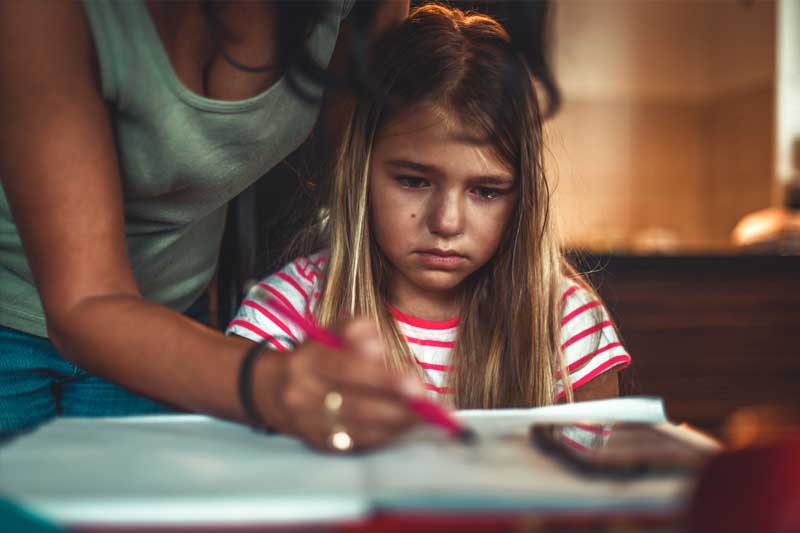As difficult as divorce and child custody issues can be for parents, it is worse for their children. Even if they had witnessed arguments and tension between their parents, they still had the stability of living under the same roof and the normalcy of spending time together as a family. As much as parents work toward easing the transition and co-parenting thoughtfully, children still suffer as a result of this major life event.
Providing Supportive Parenting
While there is no way of “fixing” your child’s pain, there are ways to support them in their struggle.
Help yourself
Too often, we see parents trying to stay strong by focusing their attention on their jobs and their children while putting their own needs to the side. However, absolutely no one is at their best when their marriage is ending and you should give yourself time to grieve and process your loss. If you take care of yourself, you put yourself in a better place to meet your children’s long-term needs.
Watch your child
Your child is living through a traumatic experience and is stuck in a situation that they have no control over. You know each of your children better than anyone, including how they cope with their emotions. Notice them and look for signs of distress and unusual behaviors.
Start the conversation with your child
Realize that there is no “perfect time” to intervene. Some people try to cherry-pick opportunities to have important conversations with their child. For example, some may choose to wait until after school is out for the winter break or after the child’s birthday. Delaying and putting off important conversations do not help as they are suffering now.
Find help for your child
It takes a strong parent to find and use resources to help their child. Seek a family therapist to help. Join a support group. Speak with the school counselor.





